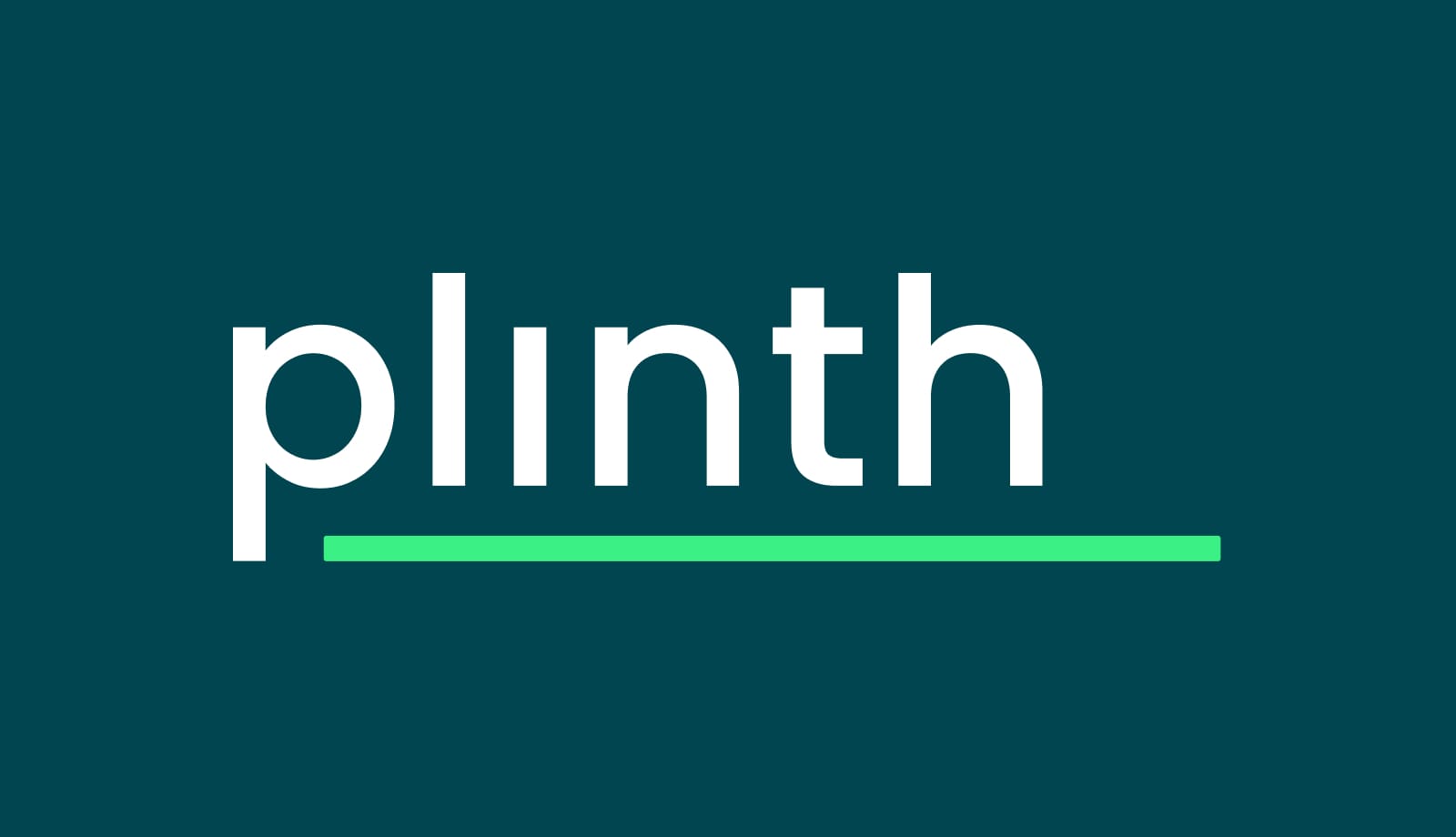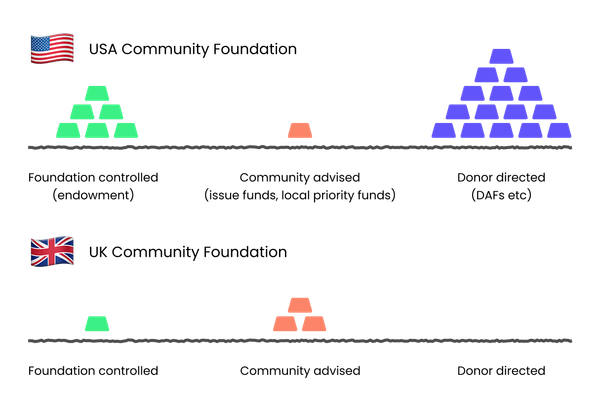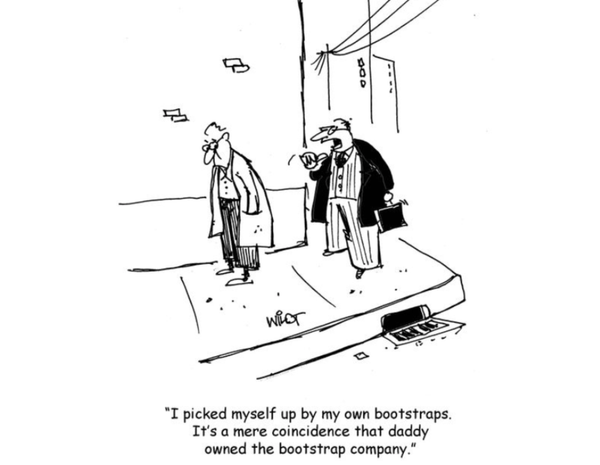No-win, no-fee "fundraising"
Today we've made a big change to the pricing of our AI grant writer. We've moved towards a no-win, no-fee commission based model. But is this unethical or illegal?
Today we've made a big change to the pricing of our AI grant writer. We've moved to a no-win, no-fee commission based model. Now you can "hire" someone to help you find and write bids, and it will cost you nothing if it's not successful.
There's now no risk for your organisation, so you can afford to experiment with a new way of doing things, without putting a strain on your budget.
To us, it seems like obviously the best arrangement for small charities. If funding is so tight, anything else feels exploitative.
But the rest of the fundraising industry disagrees with us. Very strongly.
If you search for fundraisers who will work on a no-win, no-fee basis or on commission, you'll find some a broad range of opinions: from "this is unethical" to "it's illegal", and everything in between.



Working backwards from fundraisers looking for predicable income, it makes sense. But we think this is wrong for smaller charities.
No matter how you spin it, hiring a fundraiser for a day rate of £250-£1000 is a colossal waste of money for a small charity if the work does not lead to additional income. Pricing as a fixed fee takes the uncertainty away from the fundraiser and puts the risk onto the charity. For large charities, with much higher incomes than any individual freelancer, that's appropriate – they can afford to take calculated risks as they can spread that risk over multiple different fundraising projects. But how can it be expected for smaller charities to do the same?
Nevertheless, this perspective is enshrined in the Code of Fundraising written by the Fundraising Regulator, and enforced by the Charity Commission. This code was originally drawn up by the Chartered Institute of Fundraising – a membership body to support, represent and advocate for professional fundraisers.
The specific guidance is:

As a result, most charities have signed up to this regulation, so with all that in mind, there's 2 questions for us:
- Is no-win, no-fee actually "unethical" for our AI platform?
- Does it violate the Fundraising Code?
Given the title of this blog post, you know our view, but here's a bit more detail...
Is no-win, no-fee actually unethical?
To understand this, we wanted to go a bit deeper into the reasons why fundraisers consider "no win, no fee" to be unacceptable. This sensible recent piece from Lime Green Consulting does helpfully go into a lot more detail.
It gives us a good list of the reasons fundraisers give to explain why they refuse to work on a no-win, no-fee basis. We can check our AI service against each point, and see if it applies to us.
- It's likely to put off funders and donors:
In fundraising you inevitably hear ‘no’ more often than ‘yes’, so a fundraiser working on a results basis would have to set a fairly high commission percentage to make it work...
Obviously at 2%, a similar figure to the payment processing fee on platforms like JustGiving, this definitely doesn't apply to plinth.
- It can put harmful pressure on donors and fundraisers
Now factor in a fundraiser who feels desperate to secure that donation, otherwise they won’t get paid. Sometimes we all have to walk away from potential donations, for example if the donor seems vulnerable and unsure about giving, or if the organisation may be compromised in some way by accepting. Paying a fundraiser on a commission basis makes it less likely they’ll make that difficult decision to say no when you need them to.
As a charity using plinth, you make all the decisions about which funders to apply for, and how many funders to apply to. We can give you guidance on which funds will be relevant to you, and we show this very clearly on the page. But we can't stop you from ignoring that! In modern AI-speak, we have no "agency".
- It gives the wrong impression that fundraisers are solely responsible for success
If the fundraiser is the only one who loses out if things go wrong, you’re not creating the right conditions for success. When you pay a fundraiser a salary or a day rate, you’re making an investment in fundraising too, so the whole organisation has a vested interest in playing their part.
This is literally just the sunk cost fallacy. If you think this is true for your organisation, and that an up-front fee will give your team increased motivation, we recommend you arbitrarily donate that money to another charity before you start using plinth (you can see a list here). That way you'll have the same vested interest.
- It undervalues so much important work that enables good fundraising
A surprisingly small percentage of a fundraiser’s role involves asking for money. They spend most of their time researching prospects, building relationships, saying thank you, gathering project and impact data, and developing processes: this is essential for successful fundraising, even if it doesn’t always lead to a donation. If a fundraiser only receives commission, they’re not being paid for the vast majority of their hard work. So will they still feel motivated to do those all-important support tasks? If they're pressured into a quick-fire ‘spray and pray’ approach, this has a negative impact on your organisation.
Luckily, at plinth we're happy for you to use our platform to help with many of those other things without paying us anything. Our grant search, project management tools and impact reporting platform are all free for you to use. And you can trust that our code and our AI retains the same amount of motivation throughout.
- It's virtually impossible to administer in practice
Fundraising is a long game. You might wait 6-12 months to hear back from a trust. A corporate donation or major gift is often years in the making. Several fundraisers may feed into the process (one makes the introduction, one writes the copy, someone else attends the final meeting). So how do you decide who receives what commission, and when? How do you avoid multiple fundraisers ‘competing’ for the same commission? How do you reward a fundraiser who moved on ages ago? And how can a fundraiser plan their income with so much uncertainty?
This is definitely true, and it was the main reason why we didn't start with a no-win, no-fee structure when we first launched earlier this year.
Fortunately, most of this hassle is on us, and we've developed some systems to make this a lot easier to handle. To make sure everything is extremely clear, we prompt you to sign a specific agreement for each individual grant application – not a blanket commission structure.
It certainly makes it harder for us to plan our income, but we're happy to wait if that's the right thing to do for the charities we work with.
- It actually works against smaller organisations
The work involved with a £10,000 application and a £1million ask may actually be similar, yet payment on a commission basis values them completely differently. If a fundraiser is working on both simultaneously, with competing tight deadlines, you can imagine which one will get most of their attention, even if this is sub-conscious.
There is actually some evidence that offering to bribe an AI gets better results. But according to the experiment, ChatGPT doesn't seem to care how much it gets paid, as long it gets paid something:

Obviously this is facetious.
But a lot of the reasons behind treating no-win, no-fee as a bad thing is because of how it distorts the incentives between charities and fundraisers.
As Black Mirror as it is, having a fundraiser-in-a-box that exclusively follows your instructions and has (seemingly) no agency of its own, is actually perfect for this scenario.
Other issues:
There are two other problems not mentioned in that blog we did have to look at solutions for:
Funders do not allow you to include commissions in grant budgets.
We do not encourage anyone to put our fee into their grant budget as most of the time it is not allowed by a funder. It would count as paying for work already delivered, which is not usually an allowed cost.
We have seen some places/forums encouraging organisations to re-label a fundraiser's commission as something else on a budget. Just to be clear, you cannot do this. Not only is it clearly unethical, there's an explicit clause in our contract forbidding this.
This 2% will likely need to be covered from your other unrestricted income. We think keeping the cost down to just 2% of the grant value should stop this being a significant issue.
Relatedly...
Commission payments could become egregious.
This could certainly be an issue. For example, if we successfully help an organisation raise £1 million, they could owe us £20,000.
If this looks likely for any organisation, we are happy to have a conversation about whether a fixed fee is a better option.
Hopefully that explains why for our tool, there's absolutely nothing unethical about charging on a no-win, no-fee basis. But even if it's right, is it allowed...?
Does this violate the Fundraising Code?
No.
Because we're not actually "fundraisers", nor are we "commercial participators", as defined by the Charities Act 1992. This means we're not eligible to be regulated by the Fundraising Regulator.
Essentially this is because when you're using plinth, you have full control over:
- what is submitted to a funder
- which funders to apply to
- what to apply for
As a result, we don't ever solicit for funding on your behalf.
This means even if we provide many services similar to a fundraiser (finding grants, helping you write project plans, collecting impact data and writing/editing grant bids), we're not legally a "fundraiser", and the services we provide don't count as "fundraising". Nor would using plinth require a solicitation statement.
Is it a loophole? Maybe?
Does it mean we can legally and ethically provide this service in a way that means small charities can truly afford it? Yes.
If that all makes sense, you can give our AI grant writer a go. After all, if it doesn't work for you, it costs you nothing.





